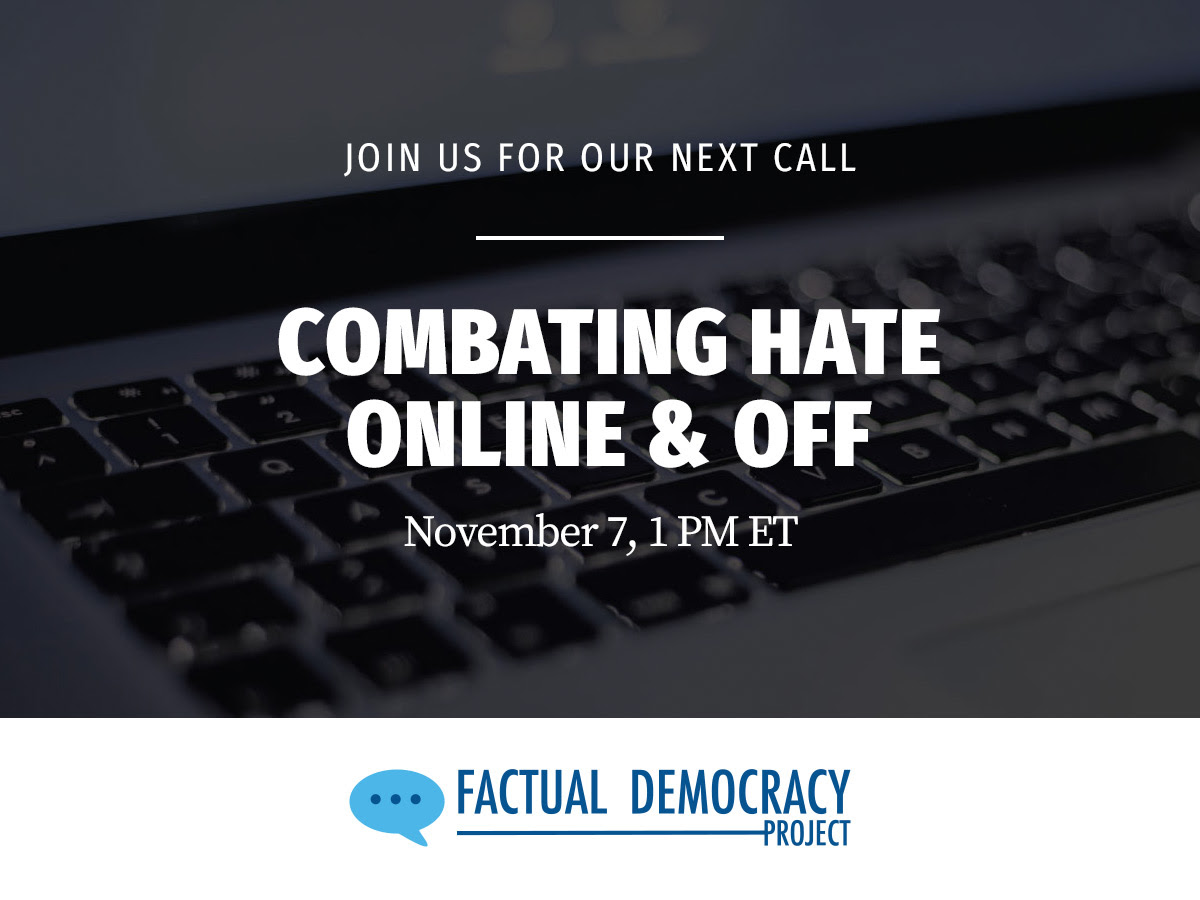HOPE not hate uses cookies to collect information and give you a more personalised experience on our site. You can find more information in our privacy policy. To agree to this, please click accept.
 This week, representatives of Google, Twitter, and Facebook were called before Congress to testify at three different hearings regarding their role in the spread of disinformation and propaganda via their platforms. The House Intelligence Committee, Senate Intelligence Committee, and Senate Judiciary Committee members all questioned the non-CEO representatives for several hours.
This week, representatives of Google, Twitter, and Facebook were called before Congress to testify at three different hearings regarding their role in the spread of disinformation and propaganda via their platforms. The House Intelligence Committee, Senate Intelligence Committee, and Senate Judiciary Committee members all questioned the non-CEO representatives for several hours.
More than likely, tech’s goal for these hearings was to make less news than the Congress-critters asking the questions. For the most part, they succeeded; but no one on the Hill seemed happy about this. These hearings won’t be the last we hear from Tech in DC. They left the hearings with a lot of homework and I’m guessing the presence of CEOs will be required at future hearings.
I followed all three of the hearings. A few things worth noting:

 I share the Congressional anger at tech companies and I’m relieved there’s broad nonpartisan support for taking tech to task. But realistically, I wonder how much can be done beyond scolding and basic regulations. Tech is only part of the problem. At the end of the day, we still have a president who’s aligned himself with the Frog Squad, a political coalition that continues to embrace all things Russia and Putin. At present, there doesn’t seem to be any nonpartisan support for taking the president to task on these issues.
I share the Congressional anger at tech companies and I’m relieved there’s broad nonpartisan support for taking tech to task. But realistically, I wonder how much can be done beyond scolding and basic regulations. Tech is only part of the problem. At the end of the day, we still have a president who’s aligned himself with the Frog Squad, a political coalition that continues to embrace all things Russia and Putin. At present, there doesn’t seem to be any nonpartisan support for taking the president to task on these issues.
 Extremism is on the rise in America. It manifests online on social media and offline with a growing number of hate crimes and incidents of bullying in schools. Learn how to fight back against hate from those working on the front lines of our Internet, our schools, and our communities. Please join us this Tuesday, November 7, 1 PM EST.
Extremism is on the rise in America. It manifests online on social media and offline with a growing number of hate crimes and incidents of bullying in schools. Learn how to fight back against hate from those working on the front lines of our Internet, our schools, and our communities. Please join us this Tuesday, November 7, 1 PM EST.This call is sponsored by the American Federation of Teachers.
This series is made possible in part thanks to the generous Civic Sponsorship of Ruth Ann Harnisch, an activist investor using private funds to underwrite this exchange of information so that YOU can take action to create the world you want to live in.
Want even more links? Be sure to like the Ctrl Alt Right Delete Facebook page. I post articles there all week. A lot of what doesn’t make it here will get posted over there.
Last week, I was in London attending MisinfoCon Europe and facilitating a session on disinformation at #MozFest. It was an amazing opportunity to learn from people working on misinformation and related issues all over the world. I attended the first MisinfoCon earlier this year, and enjoyed the opportunity to see how the conversation happening around all things misinformation has evolved. Claire Wardle of First Draft News, gave a talk updating participants on her thinking of how to organize types of misinformation that will inform their work moving forward and previewing their latest report. It’s a helpful resource for thinking about types of misinformation and their potential to cause damage globally.
I probably learned more from the #MozFest session I led than the participants. Sam Jeffers of WhoTargetsMeand I asked participants to create a fake news story with the intent of disrupting an election in their community, and map out how they’d make it spread online. I was shocked at how quickly they came up with their campaigns and methods of dissemination, all of which would have been cheap and easy to implement. We then asked participants how their campaigns could be stopped, which proved to be a much bigger challenge. Would love to do this workshop again in the future as I think it was a great way to teach interested people the ins and outs of misinformation.
The only downside of my trip was that I was in the air without Internet when the Mueller indictments came down. I learned about them 10 hours after you did, and that delay was agony!

That’s all for this week. Thanks as always to the wonderful Nicole Belle for copy editing.

HOPE not hate reveals two more extremist candidates from Reform UK, in the latest of a string of embarrassments for the party UPDATE: Just hours…